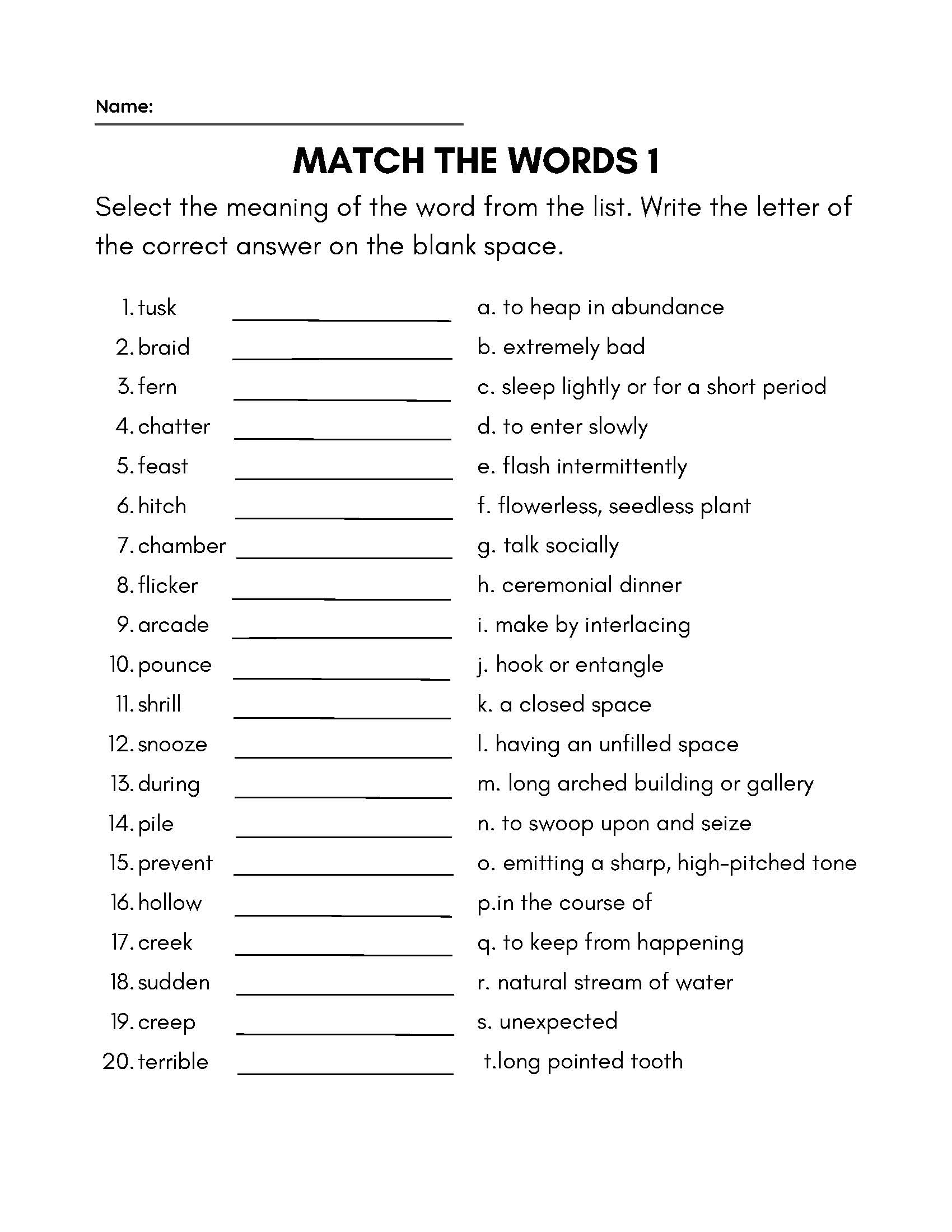As students progress through their academic journey, expanding their vocabulary becomes increasingly important. In 12th grade, students are expected to have a strong command of language and be able to understand and use a wide range of vocabulary words in various contexts. These words not only help students excel in their studies but also prepare them for college and beyond.
Having a rich vocabulary allows students to express themselves more clearly and effectively in both spoken and written communication. It also helps them comprehend complex texts and articulate their thoughts and ideas with precision. In 12th grade, students encounter a diverse set of vocabulary words that challenge and expand their linguistic abilities.
12th Grade Vocabulary Words
1. Ambivalent – having mixed feelings or contradictory ideas about something or someone.
2. Cacophony – a harsh, discordant mixture of sounds.
3. Disseminate – to spread or disperse something, especially information, widely.
4. Ephemeral – lasting for a very short time.
5. Garrulous – excessively talkative, especially on trivial matters.
Mastering these vocabulary words not only enhances students’ language skills but also boosts their overall academic performance. By incorporating these words into their daily conversations and writing, students can improve their communication skills and impress their teachers and peers.
Furthermore, a strong vocabulary can significantly impact students’ performance on standardized tests like the SAT and ACT. Many of these exams include challenging vocabulary questions that require a deep understanding of words and their meanings. By familiarizing themselves with 12th grade vocabulary words, students can improve their test scores and increase their chances of getting into their desired colleges.
In conclusion, 12th grade vocabulary words play a crucial role in shaping students’ academic success and future prospects. By expanding their vocabulary and mastering new words, students can become more articulate, persuasive, and confident individuals. Embracing these words not only benefits students in the classroom but also prepares them for the challenges and opportunities that lie ahead.
